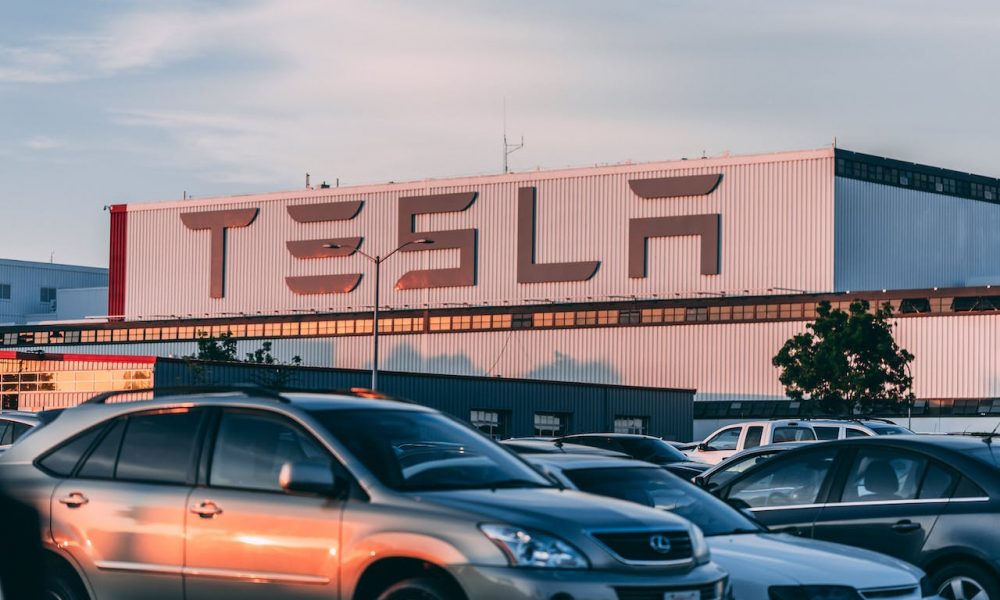
While The World’s Leading Automakers Are Following Tesla’s “Gigacasting,” Toyota Is Not Yet Ready to Join the EV Race

In the rapidly evolving world of electric vehicles (EVs), automakers are constantly seeking innovative strategies to streamline production and enhance efficiency. Tesla, led by Elon Musk, has been a trailblazer in this arena, especially with its adoption of “gigacasting” since 2020. This technique has not only revolutionized Tesla’s manufacturing process. But it also inspired other industry giants like General Motors (GM.)
However, Toyota, the top-selling automaker of 2023, is charting a different course, signaling a more cautious approach to EV production and gigacasting.
Tesla’s Gigacasting Revolution
Gigacasting, a term popularized by Tesla, refers to the process of using gigantic casting machines to produce large parts of a vehicle’s frame in a single piece. This method significantly reduces the number of parts needed, streamlining assembly and cutting costs.
So, it is a game-changer in the industry, offering a blend of efficiency and innovation. Tesla’s implementation of gigacasting, starting with the Model Y in 2020, marked a pivotal shift, encouraging others to follow suit.
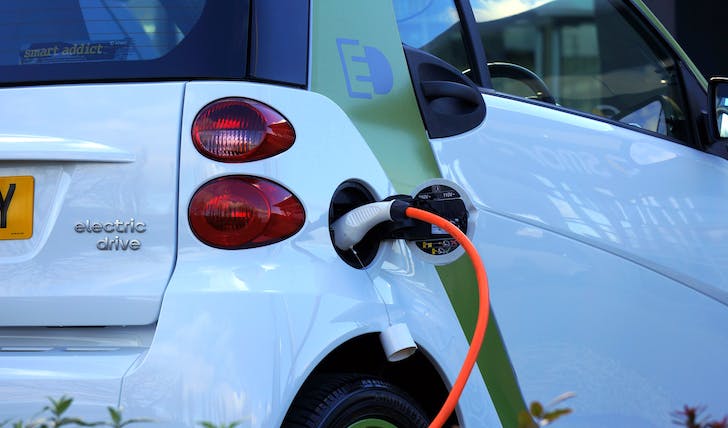
Mike / Pexels / General Motors – another giant automaker – has already announced that it will be using “giga press” machines in 2025. And this is an inspiration from Musk’s Tesla.
The Industry’s Response: Following Tesla’s Lead
The ripple effect of Tesla’s innovation is evident. GM, another automotive behemoth, has announced plans to employ “giga press” machines by 2025. A move clearly inspired by Tesla’s success.
Similarly, Volvo is gearing up to utilize casting techniques in producing its third generation of EVs. These decisions underscore a broader industry trend: the shift towards more efficient, less fragmented manufacturing processes, largely catalyzed by Tesla’s pioneering efforts.
Toyota’s Unique Stance
Despite the industry’s enthusiastic embrace of gigacasting, Toyota remains an outlier. As the top-selling automaker in 2023, Toyota’s hesitance to fully commit to mass-producing fully electric vehicles is notable. Their approach is more measured, emphasizing a gradual integration of gigacasting into their production lines.
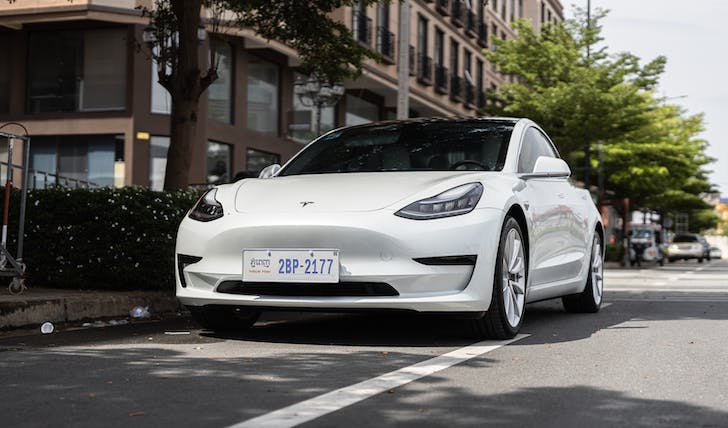
Screen / Pexels / In October 2023, Toyota said the automaker is yet to mass produce fully electric vehicles.
Toyota aims to blend this new technique with its existing, more traditional methods. This strategy reflects a cautious, yet thoughtful approach to adopting new technologies, prioritizing a balance between innovation and reliability.
Learning from Tesla, But on Their Own Terms
Toyota’s acknowledgment in September that it has much to learn from Tesla in EV production is a significant admission. However, the leading automaker is clear about not replicating Tesla’s formula outright. This stance is not just about maintaining their unique identity in the market. It is about tailoring innovations to fit their established production ethos.
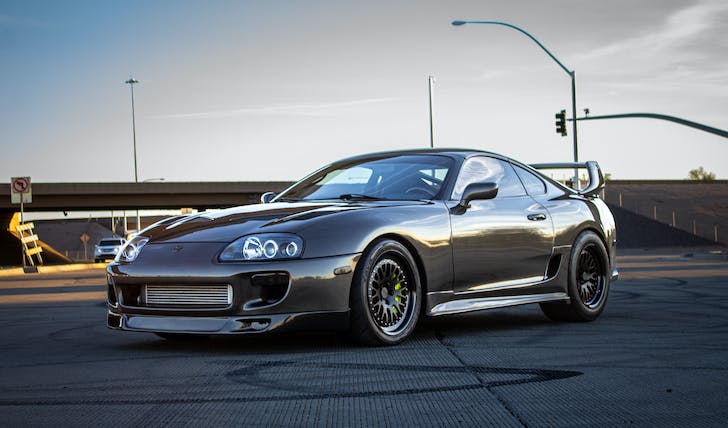
Roger / Pexels / Toyota – the top-selling automaker of 2023 – says that the company is not yet prepared to mass produce fully electric vehicles right now.
However, Toyota’s approach is a testament to the diversity in the automotive industry’s adaptation to the EV revolution. Not every player follows the same path. Even when facing similar technological advancements.
The Future of EV Production: Diverse Paths to a Common Goal
As we look towards the future, it is clear that the path to EV dominance is not a one-size-fits-all. While Tesla’s gigacasting has set a new benchmark, companies like Toyota are proof that there are multiple ways to approach this shift.
Toyota’s strategy might be slower and more deliberate. But it is equally valid. It underlines the company’s commitment to quality and its established production practices.
More in Business
-
`
How to Understand Your Energy Bill and Prevent Common Billing Errors
Understanding your energy bill is essential for managing household expenses and catching potential errors. Your energy bill offers a breakdown of...
October 18, 2024 -
`
Is Shawn Mendes’ Relationship With Camila Cabello Finally Clarified?
Recently, Shawn Mendes shared insights into his connection with Camila Cabello during an interview with Jay Shetty. Their relationship, which has...
October 15, 2024 -
`
China Stimulus Fuels Market Surge, But Can It Save the Ailing Economy?
The recent China stimulus measures have sparked renewed optimism in the markets, but doubts remain about whether these efforts will be...
October 10, 2024 -
`
Top 12 Little-Known Savings Tips for Cutting Expenses Fast
Are you looking for the best ways to save money? Saving money often feels like a daunting task, but it doesn’t...
October 10, 2024 -
`
Is Legal Advice from ChatGPT Trustworthy?
Legal advice from ChatGPT may seem like a convenient and cost-effective solution for those facing legal challenges. AI tools like ChatGPT...
October 5, 2024 -
`
James McAvoy’s “Rough” Celebrity Crush Encounter
James McAvoy recently opened up about a memorable yet awkward encounter with his celebrity crush, Jennifer Aniston. Promoting his latest film,...
September 29, 2024 -
`
Everything Business Owners Ought to Know About Staffing
Staffing your business is one of the most critical decisions you will make as a business owner. Whether you are just...
September 20, 2024 -
`
What Chiropractic Services or Products Are Taxable in the U.S.?
When considering sales taxes that come with chiropractors charge, it is important to understand that the rules vary widely by state....
September 13, 2024 -
`
How to Prevent Squatters While on Vacation?
Going on vacation should be a time of relaxation and adventure, not a cause for concern about what is happening back...
September 6, 2024

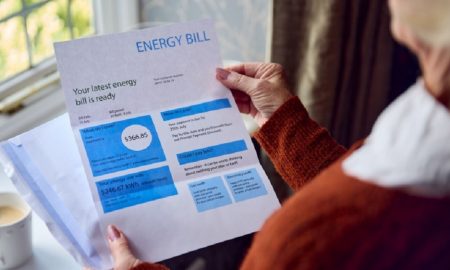

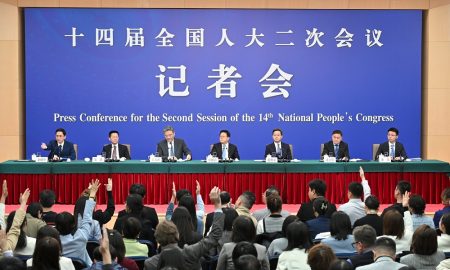











You must be logged in to post a comment Login